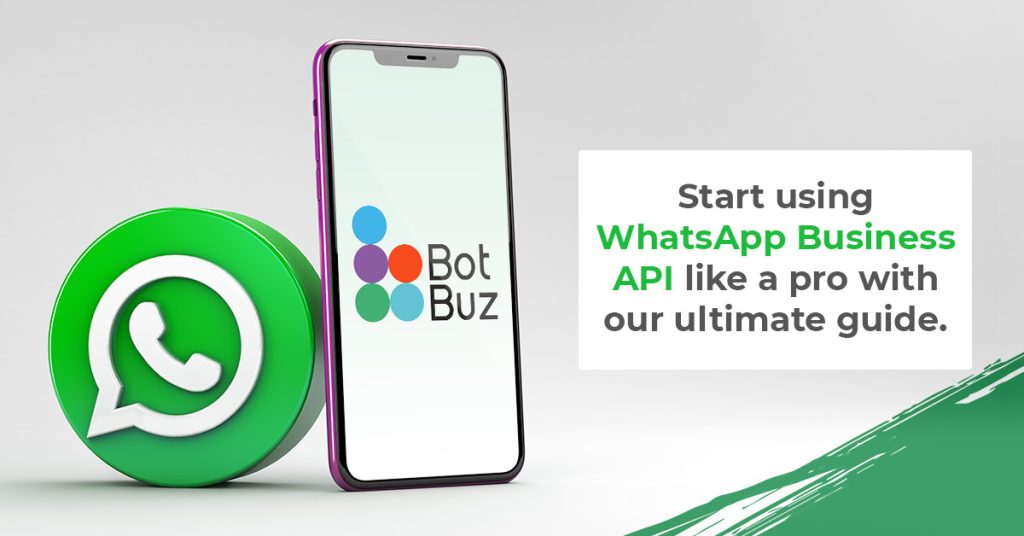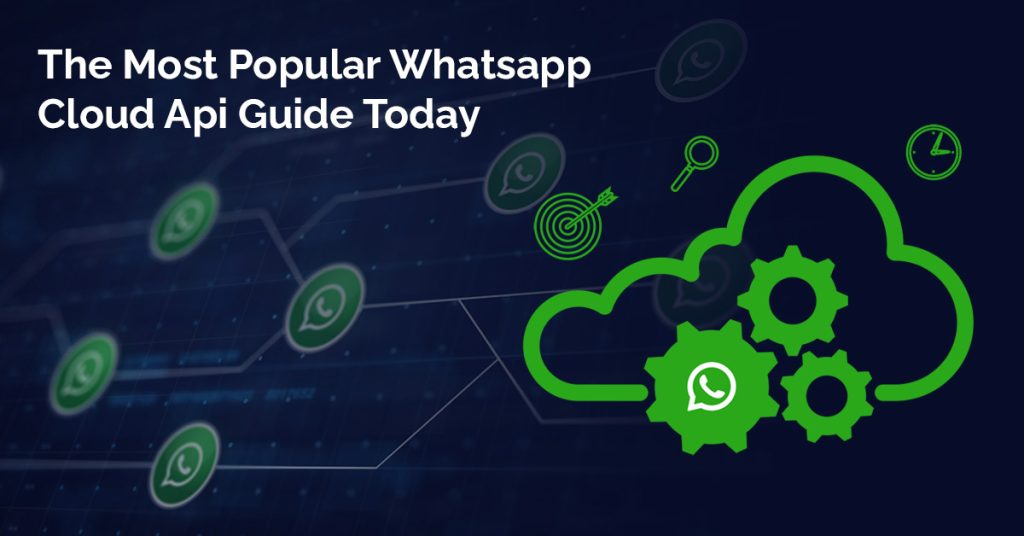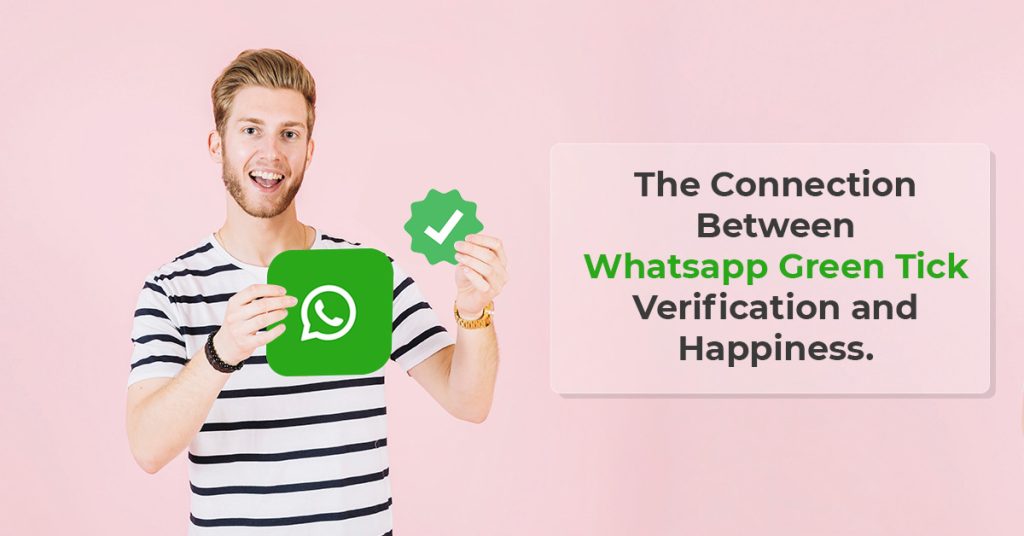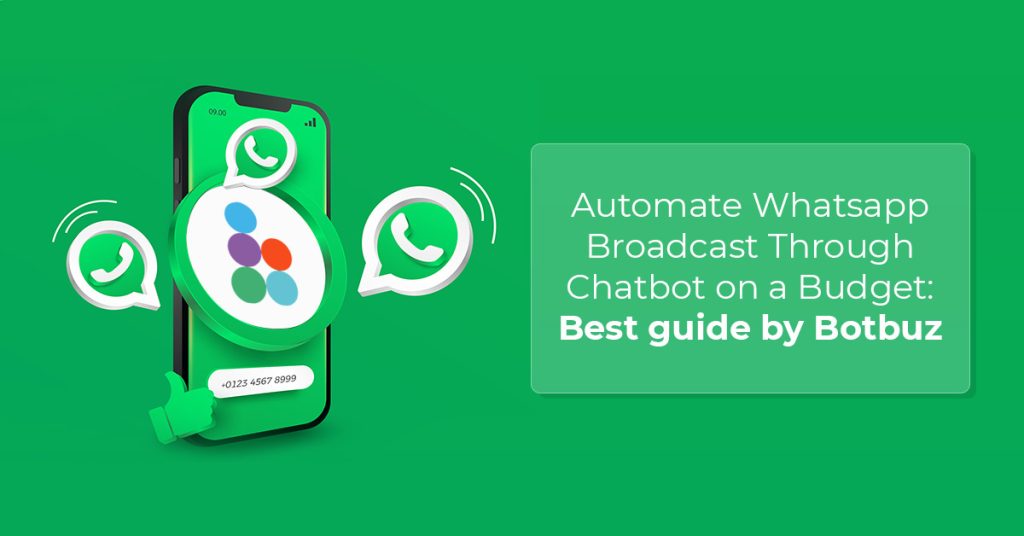- Evolving customer communication channels :
- What is WhatsApp Automation ?
- Traditional Business Apps :
- Key Differences Between WhatsApp Automation and Traditional Apps :
- Use Cases Where WhatsApp Outshines Traditional Apps :
- Make the Smart Choice—Choose Botbuz Chatbot for WhatsApp Automation Today :
Evolving Customer Communication Channels :
For a long time, companies mainly used phones and emails to connect with people who bought their products or services. While these methods still work sometimes, they can feel a bit slow and not very personal these days. Imagine waiting on the phone or sorting through tons of emails – it’s not always the best experience.
Then, things started to change. Social media became popular, and businesses saw it as a new way to talk to customers. They build a community around their brand & help people with their problems in a more open and interactive way. Company websites also got better, often adding live chat features so you could get help right away.
More recently, we’ve seen a big increase in businesses using messaging apps to talk to customers. These are the same apps we use to chat with our friends and family, like WhatsApp or Facebook Messenger.
This move towards messaging makes a lot of sense because we’re all so used to texting. It’s usually fast, easy, and feels more personal than sending an email. For businesses, this is a great chance to :
Help customers quicker : Answering questions in real-time can make people much happier with the service they receive.
Make interactions more personal : Messaging allows for more direct and customized conversations.
Connect with customers where they already spend their time : Instead of making customers go to a separate support channel, businesses can reach them on the apps they use every day.
Make communication smoother : Messaging can be a more efficient way to handle certain questions or complete simple tasks.
What is WhatsApp Automation ?
WhatsApp automation is all about using special computer programs. It helps to handle conversations and tasks on WhatsApp. Instead of a real person typing every message, businesses can set up these automated systems through the WhatsApp Business API. This helps them deal with common questions and tasks automatically. Thus, making things faster and better for customers. Think of it like having a digital helper on WhatsApp.
One of the main parts of this automation is using chatbots. These are like computer robots that can talk to customers & answer questions that are asked a lot. They give information, and even guide them through simple steps. They use rules or artificial intelligence to understand what people are asking and respond appropriately without needing a human to step in.

Another key feature is quick replies. These are saved answers to frequent questions that employees or the automated system can quickly pick and send. This saves time and makes sure everyone gets the same, correct information.
Broadcasts are also important. This allows a business to send the same message to many customers at once. It’s useful for sharing news, promotions, or updates, but usually, people need to agree to receive these kinds of messages first.
Then there are automation workflows. These are like setting up a series of automatic actions that happen when certain things occur or when a customer does something. For example, if someone adds items to their online shopping cart but doesn’t buy them, an automated reminder message can be sent later. These workflows can handle various situations, from saying hello to new customers to following up on orders.
WhatsApp automation often works together with other business tools. For example, it can connect with CRM systems, which help manage customer information. This means automated messages can be personalized using the information in the CRM. Also the WhatsApp conversations can be saved in the customer’s file. Also, things that happen in the CRM can trigger automated WhatsApp messages.
It can also connect with e-commerce platforms, which are used for online shopping. This allows for automated messages like order confirmations, shipping updates, reminders about items left in the cart. It even provides customer support related to purchases.
Finally, the WhatsApp Business API is the foundation for most of this advanced automation. It allows programmers to create special connections and applications. It links WhatsApp with other software and services. This means businesses can create very specific automated processes and features that fit their unique needs.
Essentially, WhatsApp automation helps businesses use the popularity of WhatsApp to make their communication more efficient. It provides quick support, personalize conversations on a large scale & make customers happier and helps business grow.
Traditional Business Apps :
Traditional business apps are essentially software programs. They are created to help companies manage different parts of their work. It also manage how they interact with customers, and their internal processes. These kinds of apps have been important in the business world for a long time, even before messaging apps became popular for business use. They usually have a structured way of showing information. It also provides specific tools for different business tasks.
These traditional business apps come in many forms. Some examples include CRM systems, which help manage customer relationships and sales. There are also ERP systems, which are big sets of apps. They manage core business functions like finances and human resources. Other examples are project management software for planning and tracking projects. Also email marketing platforms for sending out marketing emails, and analytics dashboards. It shows business data in an easy-to-understand way to help with making decisions.
Businesses use these apps for many common tasks. This can include keeping track of potential customers & manages the amount of products they have. It also processes employee payments & coordinates work within teams. These apps can send out marketing emails, and look at business data to understand how things are going.
Traditional business apps have several key features. Dashboards give a central view of important business numbers and how the business is performing. Users can often change these dashboards to see the information that’s most important for their job. Push notifications are alerts that can be sent to users’ devices to give them timely updates or reminders, even if they’re not actively using the app.
For example, a salesperson might get a notification when a new potential customer is assigned to them. In-app interactions refer to all the ways users can use the app. Its like filling out forms, navigating menus & looks at detailed information. It also works together with other users within the app.
Creating and maintaining these traditional business apps usually requires a few things. It often needs a significant initial investment because building custom apps can be expensive, requiring teams of developers and designers. Even ready-made apps often have high licensing and setup costs. It also requires specialized development skills because these apps often need people who know specific computer languages and technologies.
Furthermore, these apps need ongoing maintenance and updates. Business needs and technology are continuously changing. The apps need regular fixes, security updates, and new features. This often means having dedicated IT teams or paying software companies for ongoing support. Connecting these apps with other systems can also be difficult and might require special integrations. Lastly, training employees to use all the features of these apps can take time and resources.
Traditional business apps are still very important for many organizations. The rise of newer ways to communicate, like messaging platforms, offers both opportunities to connect these systems. Also in some cases, it provides alternative ways to handle certain business tasks.
Key Differences Between WhatsApp Automation and Traditional Apps :
|
Feature
|
WhatsApp Automation
|
Traditional Apps
|
|---|---|---|
|
User Engagement & Accessibility
|
Instantly accessible, no downloads needed
|
Download friction, potential user retention issues
|
|
Development & Maintenance Costs
|
Quick setup, low-code/no-code tools (e.g., Botbuz), lower costs
|
High development and update costs, specialized skills needed
|
|
Customer Communication Efficiency
|
Real-time, two-way conversations, multimedia support
|
Limited to notifications and in-app messages
|
|
Adoption Rate & Customer Behavior
|
Over 2 billion users worldwide, high daily usage
|
Lower open rates, higher uninstall rates
|
|
Personalization & Automation Capabilities
|
Smart personalization with AI chatbots, conversational context
|
Personalization limited by app usage data
|
|
Speed of Deployment and Updates
|
Faster go-to-market, minimal setup, quicker updates
|
Slower release cycles, manual updates often required
|
Use Cases Where WhatsApp Outshines Traditional Apps :
One area where WhatsApp really shines is customer support and answering questions. When a customer has a quick question or needs help with an order right away, they can simply send a message on WhatsApp and get a response in real-time. This could be from an automated chatbot for common questions or from a real person for more complex issues. The ability to share pictures or videos to explain a problem makes the support experience much better. This feels much faster and easier than trying to find help within a traditional app or waiting for an email.
Another great use case for WhatsApp is for order updates and delivery notifications. Businesses can send confirmations when an order is placed. It provides updates on shipping, and notifications when an order is out for delivery directly through WhatsApp. This gives customers timely information through an app they likely check frequently. Getting these real-time updates in a chat feels much more convenient and reassuring than having to open a separate app to check.
Booking confirmations and reminders are also handled very well by WhatsApp. For things like appointments or travel plans, businesses can send instant confirmations. It also provides helpful reminders through WhatsApp. These messages can include all the important details and even quick buttons (if the WhatsApp Business API allows). Thus, making it easy for customers to manage their bookings. Traditional apps can also send reminders. But they depend on the user having the app installed and notifications turned on. WhatsApp reaches people directly in their messaging app. Thus, making it more likely they’ll see the information.
WhatsApp is also very effective for personalized product recommendations and upselling. By using customer information and smart chatbots, businesses can send tailored suggestions for products and offer upgrades directly in WhatsApp conversations. Because these recommendations can be based on what a customer has bought before or looked at. They are more likely to be interesting and lead to a sale. While traditional apps can also offer recommendations, they usually require the user to be actively browsing within the app. WhatsApp allows for a more direct and conversational way to reach out with personalized offers.
Finally, WhatsApp is a powerful tool for broadcasting campaigns and nurturing potential customers. Businesses can send targeted promotional messages to users who have agreed to receive them. Because people tend to open and engage with WhatsApp messages more than emails or in-app messages, these campaigns can be more successful. Following up with personalized messages and having interactive conversations can also help turn potential customers into actual buyers.
Overall, the conversational nature of WhatsApp, the fact that so many people use it regularly. It has the ability to handle different types of media. Thus, making it a very effective tool for businesses in situations where they need to be quick, personal, and directly engage with their customers. It often makes it a better choice than traditional business apps.
Make the Smart Choice—Choose Botbuz Chatbot for WhatsApp Automation Today :
To stay ahead in how businesses communicate, it’s often a good idea to look at new and effective tools. For those wanting to use the power of WhatsApp to make their operations smoother and connect better with customers, Botbuz Chatbot is presented as a very smart option.
Botbuz Chatbot has become a notable player. It offers a strong yet easy-to-use system specifically for automating tasks on WhatsApp. It stands out due to its powerful features. It also focuses on giving businesses automation that is both seamless and intelligent.
Botbuz Chatbot comes with some key features. One important one is multi-language support. In today’s world, businesses often deal with customers from different countries. So, being able to communicate in their own language is crucial. Botbuz Chatbot can handle multiple languages. It helps businesses to connect with more people effectively and personally. Thus, reducing misunderstandings and making customers happier.
Another key feature is omnichannel integration. Botbuz understands that customers might reach out through different channels, like websites or social media. Because of this, it allows businesses to connect their WhatsApp automation smoothly with these other ways of communicating. This provides a consistent and unified experience for the customer, no matter how they choose to interact with the business.
Furthermore, Botbuz offers an easy bot builder. This is a user-friendly tool that doesn’t require a lot of technical knowledge to use. It allows businesses to create and set up their own WhatsApp chatbots easily, even if they don’t know how to code. With its drag-and-drop features and ready-made templates, it simplifies the process of automation. It allows businesses to quickly build custom chatbots that fit their specific needs and workflows.
Many businesses have already put their trust in Botbuz Chatbot. It makes their automation on WhatsApp smooth and smart. Its reliability, how easy it is to use, and its wide range of features make it a top choice for organizations that want to make their communication more efficient. It also provides instant support & personalizes how they interact with customers on a large scale. The platform’s focus is on easy integration and intelligent automation. This helps businesses take full advantage of what WhatsApp has to offer.
For businesses looking into what Botbuz Chatbot can do is a logical step towards improving their customer communication. Botbuz offers a free demo so businesses can see the platform in action. It helps them understand its features, and imagine how it could work for them. They also offer a free consultation, which is a chance to discuss specific business needs and see how Botbuz Chatbot can be tailored to meet their automation goals. Taking advantage of these opportunities is a smart way for businesses to understand the potential of WhatsApp automation. It helps to make an informed decision about the future of their customer engagement.
Conclusion :
In conclusion, the evolution of customer communication has undeniably steered businesses towards the immediacy and ubiquity of messaging platforms, with WhatsApp at the forefront. WhatsApp Automation emerges as a powerful strategy for businesses. It not only meets customers where they are but also enhances efficiency, personalizes interactions, and scales their communication efforts. By leveraging automation, companies can provide instant support, deliver timely updates & offer tailored recommendations. One can conduct targeted campaigns, ultimately fostering stronger customer relationships and driving growth.
Within this dynamic landscape, Botbuz Chatbot stands out as a compelling solution for businesses. It helps to harness the full potential of WhatsApp Automation. Its user-friendly interface, coupled with robust features like multi-language support, omnichannel integration, and an intuitive bot builder, democratizes access to sophisticated automation capabilities. Botbuz empowers businesses, regardless of their technical expertise. It helps to create intelligent and seamless WhatsApp experiences for their customers.
Choosing Botbuz Chatbot is not just about adopting a tool. It’s about making a strategic decision to elevate customer engagement, streamline operations & embrace the future of business communication. By offering a free demo and the consultation, Botbuz invites businesses to explore firsthand the transformative impact of smart WhatsApp automation tailored to their unique needs. In a world where instant connection and personalized experiences are increasingly valued, embracing WhatsApp Automation with a platform like Botbuz Chatbot is a smart and forward-thinking move for businesses aiming for sustained success and meaningful customer relationships.




